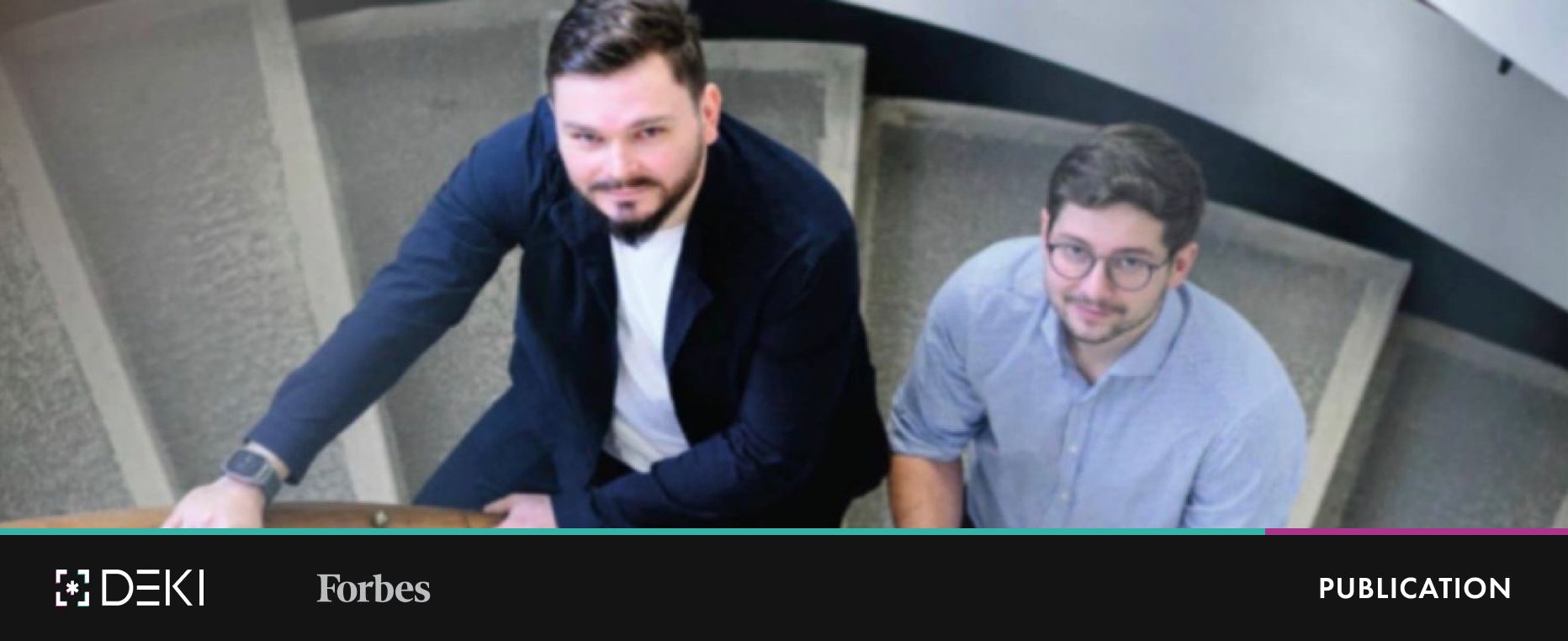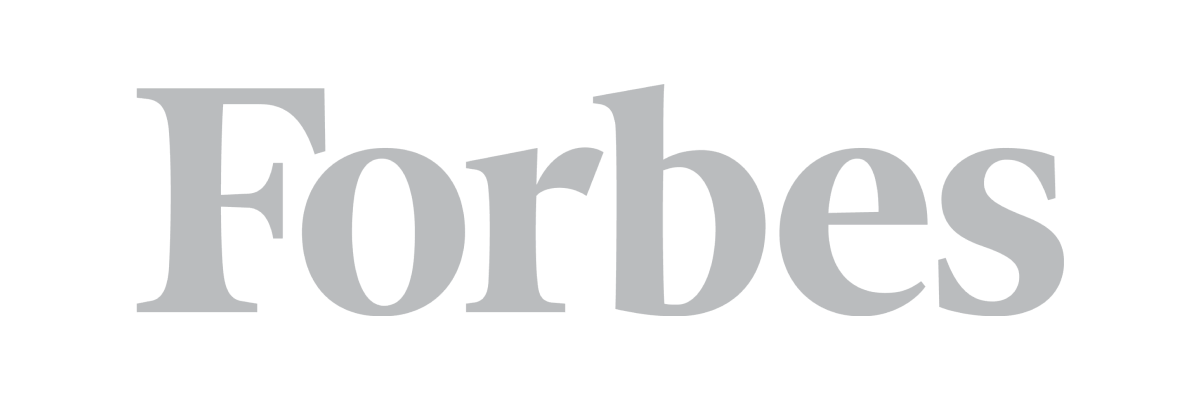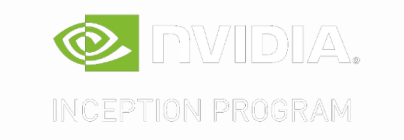KEEP AN EYE
30 March 2023

In countries like the USA and the UK, surveillance cameras, known as CCTV, have become an integral part of the street scene, while in Austria, the use of such cameras is more limited. However, in Vienna, the AI and "Object Detection" company DEKI was founded three years ago to place object recognition in video surveillance in the hands of AI. DEKI CEO Denis Konorev and product manager Tomas Tichy discuss the safety of this technology and why Eastern Europe is more receptive to it than the West.
"Object Detection" is the technology that DEKI has been working with since the end of 2019. With this technology, artificial intelligence is used to detect and categorize objects, items, and people in videos, and to take the usually tedious task of video monitoring out of the hands of humans. AI plays a central role in DEKI since artificial intelligence is also included in the company name: DEKI means "intelligent" in Japanese. In general, using detection AI, human vision can be replicated using computer algorithms. "We use deep learning to train the AI-based recognition models, to identify objects, recognize faces, track movements, and more," explains Tomas Tichy, the company's product manager and AI specialist. Therefore, DEKI provides passive cameras with the ability to recognize objects and situations. This can help playgrounds, for example, to open a door only to authorized persons or to detect security risks early on.
The idea for this technology came to CEO and co-founder Denis Konorev in 2019 when he discovered several start-ups in the field of artificial intelligence and computer vision at a trade fair in Vienna. "At that moment, I realized that AI would be used everywhere in the future. Companies like DEKI are needed by the world to bring AI expertise into real business cases," said the CEO. Konorev, who was born in Russia, moved to Germany at the age of 17 to complete his education. However, after completing his studies in International Economics, Konorev moved to Austria: "I think Vienna is just a great and above all safe city," he says. So Konorev and his co-founder Stan Savransky searched for AI specialists in 2019 and met Tomas Tichy, who is now DEKI's product manager. Tichy has a business background but discovered his passion for technology, IT, and artificial intelligence when he completed an internship at OMV in 2019.
Today, DEKI has nine employees and mainly deals with inquiries from Eastern Europe, but ironically, its first contract was not far from Vienna: In a ski resort during the pandemic, DEKI was to install its Object Detection on existing cameras to check whether skiers were wearing masks. "The customer's main wish was to reduce costs," says CEO Konorev. This is one of the main reasons why DEKI's customers rely on its technology and Object Detection. "The ski resort had about 30 additional employees who were solely responsible for security. Thanks to us, the customer could save on staff, which was especially important during the pandemic," says Konorev. But to what extent can artificial intelligence replace entire professions in the future? And how safe is Object Detection, actually?
"Artificial intelligence is characterized by its ability to efficiently and accurately perform linear, repetitive tasks. These tasks are often ones that people don't want to do anyway," says Tichy. "Why should a person spend their time on highly monotonous, repetitive work when artificial intelligence can do it more effectively and quickly, often with fewer errors?»
The market for surveillance is currently worth $13 billion and is expected to reach $45 billion in ten years due to the growing demand for surveillance cameras. However, the criticism of them is also increasing. Facial recognition, social profiling, and invading privacy are some of the criticisms of CCTV. But can security ever come at the cost of privacy? "No," says DEKI product manager Tomas Tichy. "Security and data protection are interconnected and do not exclude each other," says Tichy. To ensure the privacy of recorded individuals, DEKI relies on security solutions such as local computing, data storage, and encryption. "Storing data on local computers instead of external servers can provide more control and security, but it does not guarantee complete data security," says Tichy.
Today, DEKI has large customers in Abu Dhabi and the Czech Republic. In the latter, Gasnet, a large gas and oil supply company, is part of DEKI's customer pool. For its security and surveillance solutions, DEKI has existing sales partnerships and open projects with seven companies in the Czech Republic, but also in Slovakia, Switzerland, and, more recently, Austria. DEKI has had a hard time winning customers in Austria in the past. "I think that in Austria, people are still somewhat uncertain and do not yet see the possibilities of our technology," explains DEKI CEO Konorev. For the future, he hopes to receive more significant orders in Austria and to expand computer vision technology into broader areas. "We are also working to equip drones with object recognition in the future," says Tichy. A larger field of view, such as that found in drones, makes it much more challenging for AI to recognize objects or people. However, regardless of whether DEKI installs its technology in drones or cameras, the final decision on what to do with the camera's information is still made by human intelligence. AI simply simplifies the process.
Source: FORBES - IM AUGE BEHALTEN
* English translation of the article Forbes


